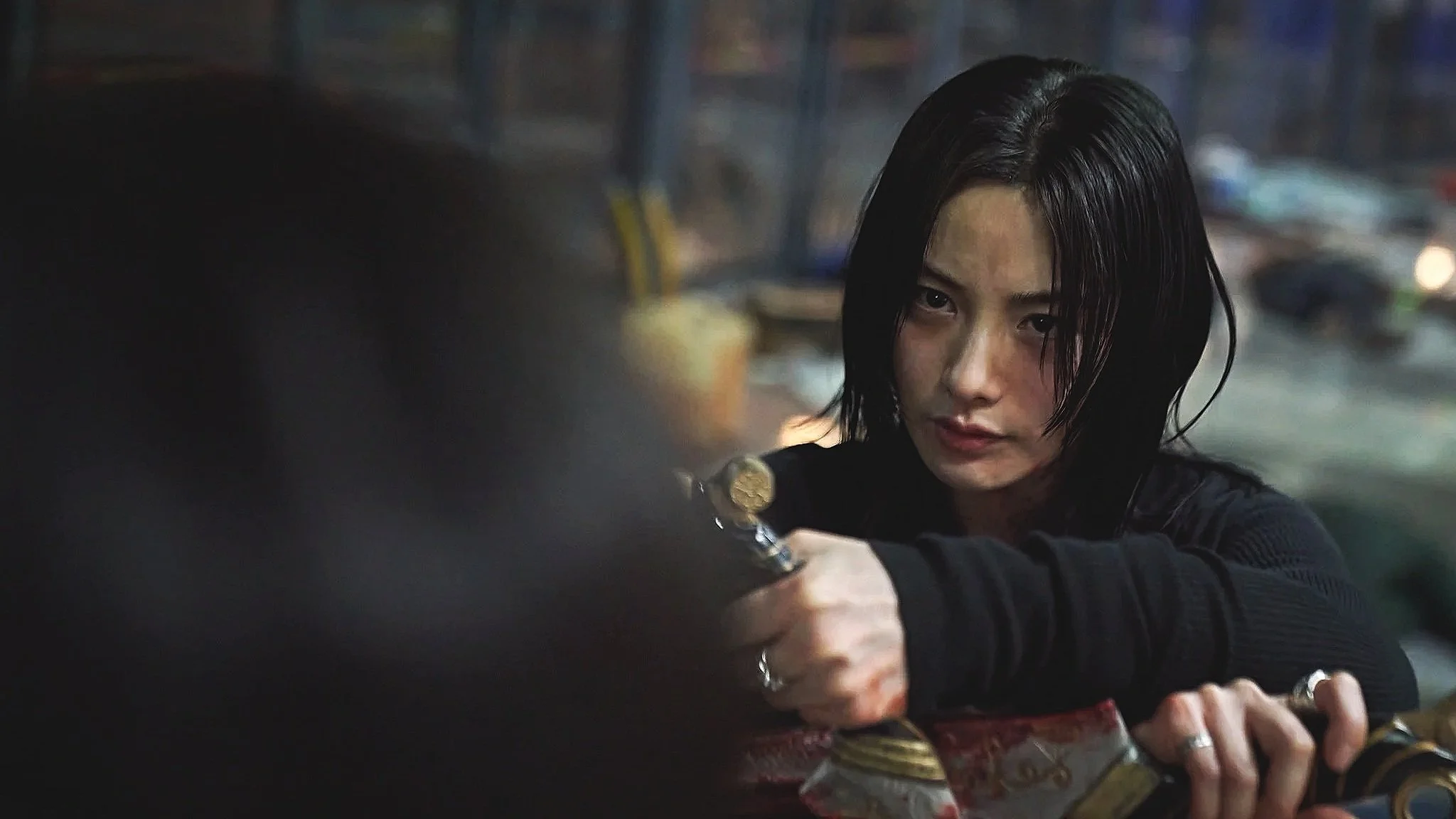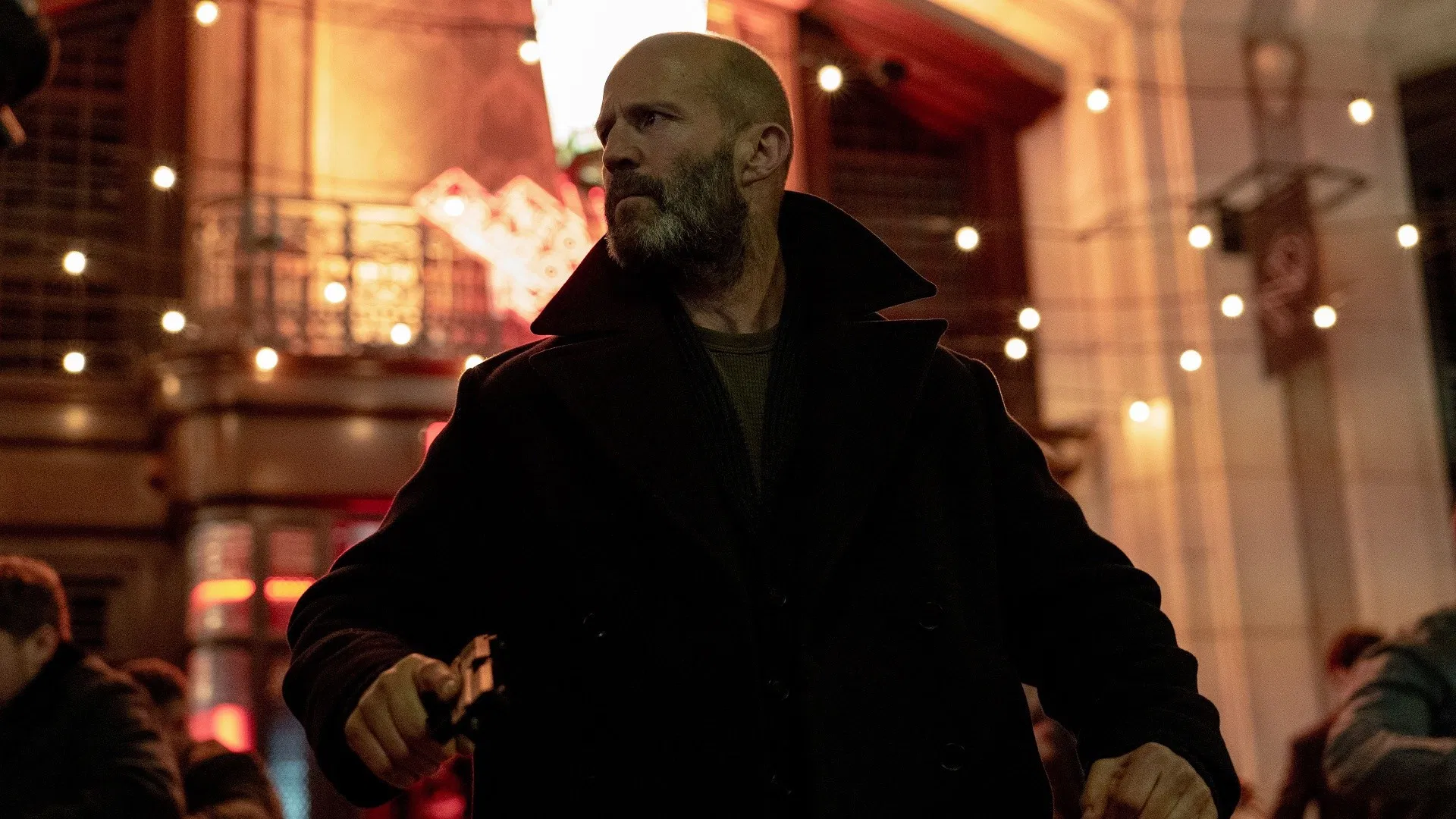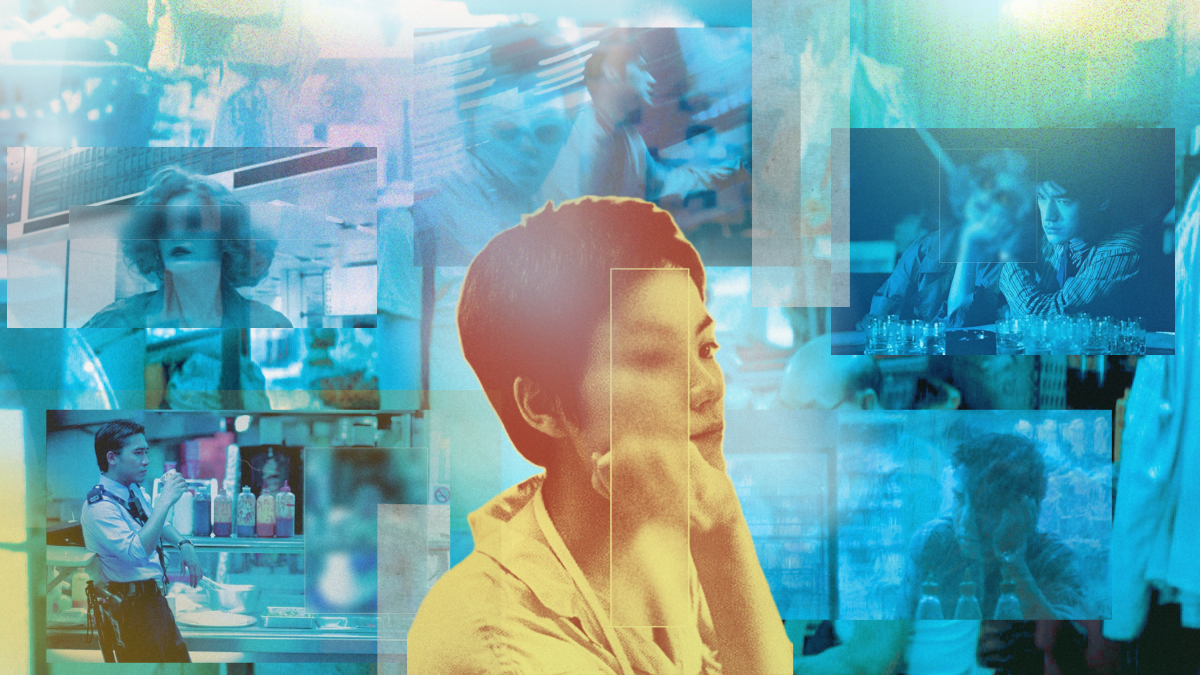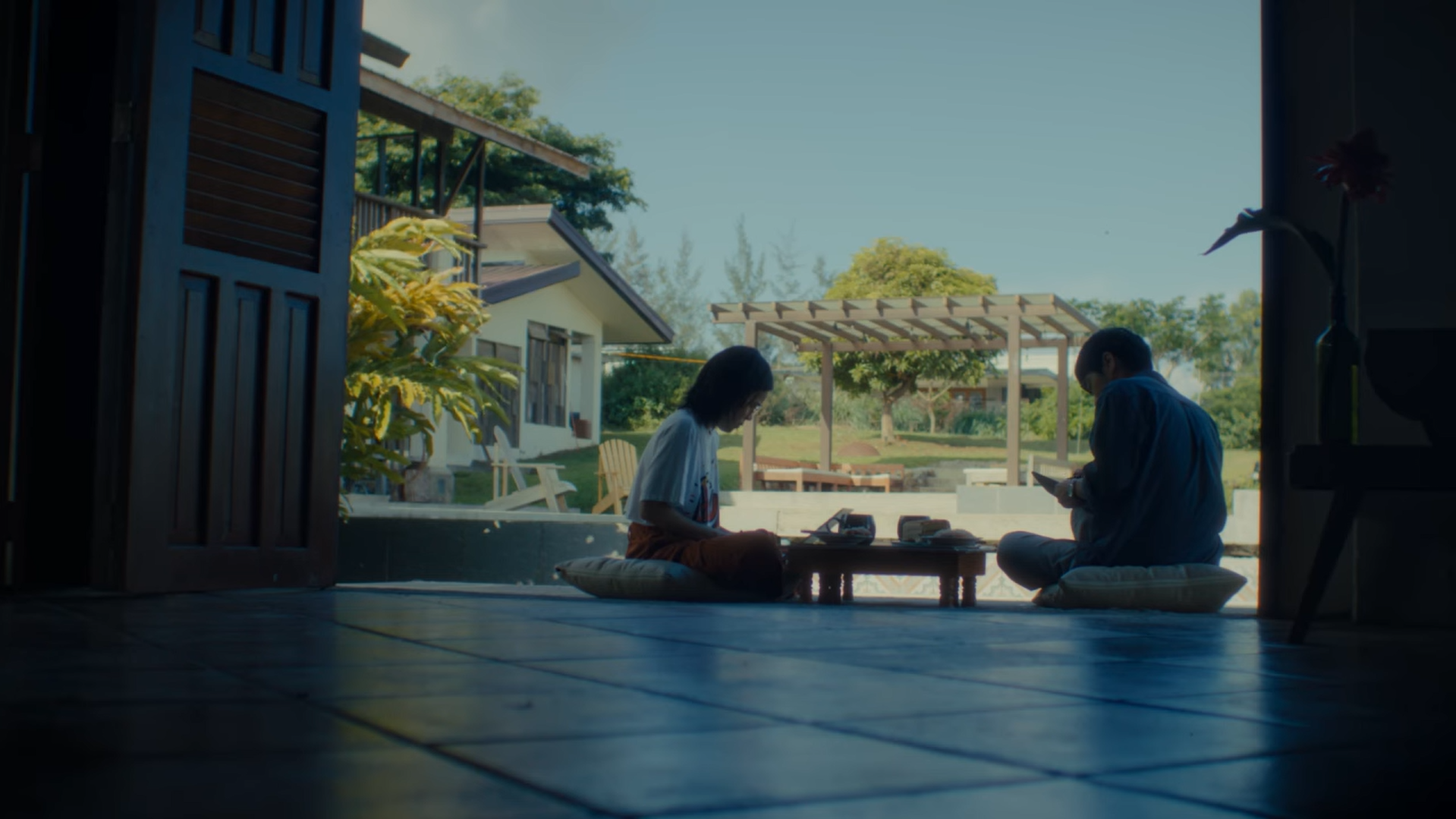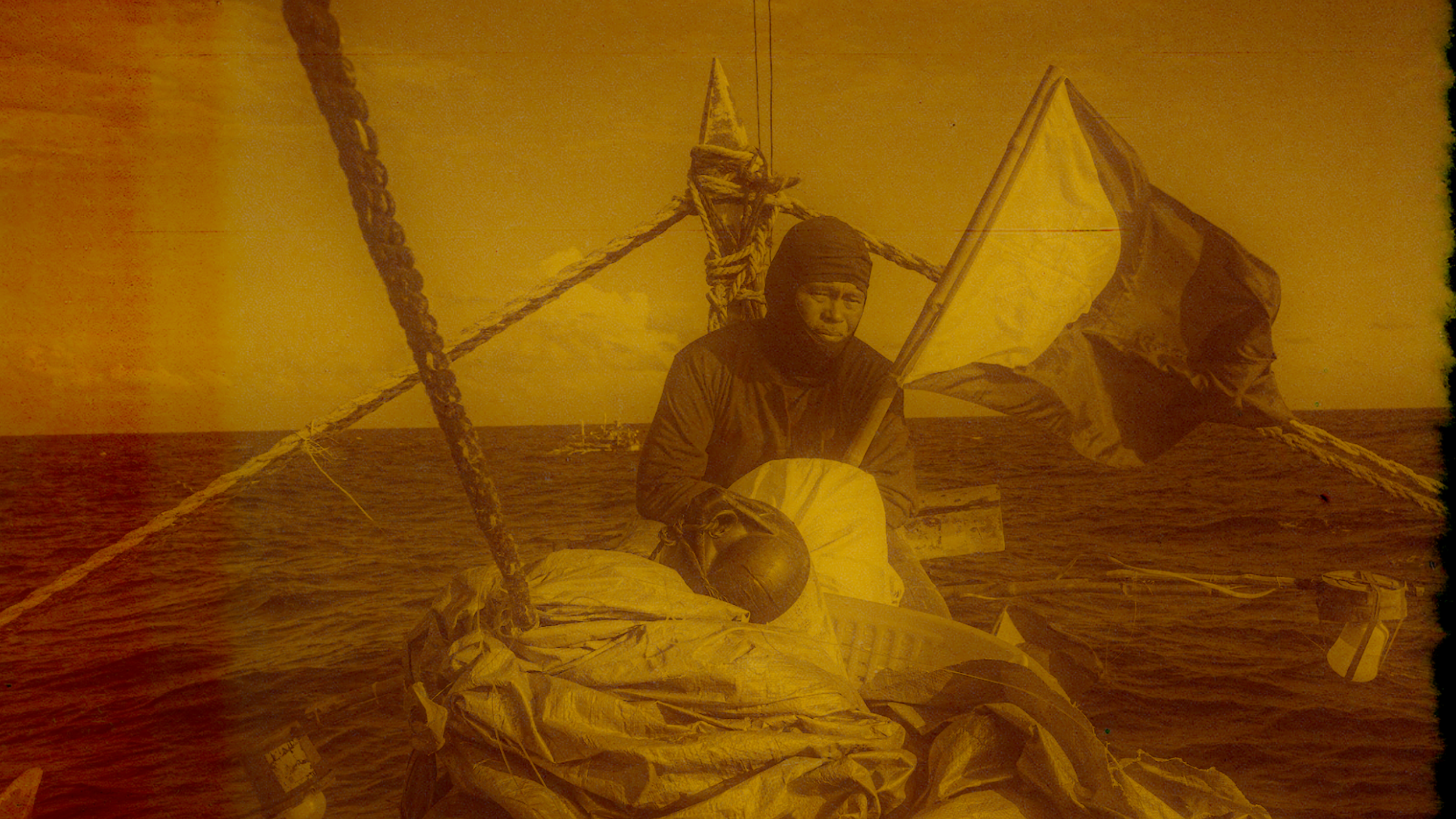‘Omniscient Reader: The Prophecy’ REVIEW: Without Love It Cannot Be Seen
‘Omniscient Reader: The Prophecy’ REVIEW: Without Love It Cannot Be Seen
Kim Dok-ja (Ahn Hyo-seop), Yoo Sang-ah (Chae Soo-bin) and Lee Gil-young (Kwon Eun-seong) in Omniscient Reader: The Prophecy
Omniscient Reader: The Prophecy opens up with a monologue from our protagonist Kim Dokja (Ahn Hyo-seop), set to a message he’s about to send to the author of his favorite long-running webnovel, Three Ways To Survive The Apocalypse.
An avid reader since its very beginning (and actually the only reader left by that point), he acknowledges that it has gotten him through tough times, and is grateful for the author’s work. However, upon commenting on the novel’s recently-released final chapter, he laments what he perceives as a divergence from the novel’s themes, feeling betrayed by the direction of a story that he held close to his heart.
He ends that letter by flat-out saying that the ending sucked.
Either through the lens of weirdly reflexive metacommentary, or by pure ironic happenstance, Dokja’s reaction seems to have mirrored the real-life reception of the movie’s nature as an adaptation by fans of the original source material; duo singNsong’s webnovel Omniscient Reader’s Viewpoint. Many had flocked to social media decrying divergences from the novel (which include the altering of several backstories and choice lore decisions that wouldn’t make sense with the original setting) that made them believe that the movie wouldn’t capture the original story they loved.
As someone who initially believed in the sanctity of the original text in adaptations, as I grew older my opinion shifted to more of a flexible take on the subject. Changes are inevitable when one story is adapted from one medium into another, and if it is necessary for said story being told, then it is definitely justified to do so.
A decent chunk of acclaimed film adaptations come from either diverging or interacting with its source in fascinating ways, so at the very least I was hoping that The Prophecy would be one of said adaptations that switches things up drastically, but still maintaining a spirit either true to the original, or something still that stands alone as an artistic statement.
What I eventually got out of it is that as someone who has read the earlier arcs this adapted (and liked what they had experienced), the fans’ concerns ended up being quite justified. Granted, I am assessing my own thoughts on The Prophecy as its own thing, but even then as a standalone film it has its problems.
Joong-hyuk (Lee Min-ho) assessing a tense moment
On a broad scale, the film does retain the central premise of the novel: on a train home after coming out of his final workday before being dismissed, office worker Dokja receives a message from the author of Three Ways To Survive The Apocalypse, tls123. It is through this message where they claim that an ‘epilogue’ to the story would be released to Dokja, to the man’s confusion.
However, that confusion is short-lived as he suddenly finds himself embroiled in a scenario that feels all too familiar: a creature called the Dokkaebi appears in front of the stopped train’s passengers to tell them that the outside world has been irrevocably altered, and that they must comply with certain ‘objectives’ to continue living.
The world of Three Ways has now become our own, and with his knowledge of the story in hand and alongside a rag-tag group of companions, Dokja must not only survive the ‘scenarios’ to the entertainment of higher celestial beings, but to also keep contact with the webnovel’s emotionally compromised protagonist, Yoo Joonghyuk (Lee Min-ho).
If there’s one thing the film has going for it, is its consistently breezy pace. With the foundation of the story being strung by differing settings and stakes, it never sticks into a lulling groove for long. There’s always a ridiculous set-piece and compromising dilemma around the corner, the plot overwhelming you with giddy, videogame-like motion.
The visual form Kim Byung-woo (The Terror Live) takes on also matches this hyper-computerized register; the camera floats and tilts around in extraneous ways, not just in the big set pieces but even the transitory moments have some bizarre ideas (a sequence shot in the view of a convenience store mirror comes to mind).
The CGI is a bit too obviously ‘programmed’, but again that perhaps could be the point, and the cinematography during the big moments where it uses it keeps a pretty decent awareness of scope so that it wouldn’t be too disorienting.
On a locomotive lens, The Prophecy is relatively functional. The real issue that brings it down though, is what lies underneath the hood.
Jeong Hui-won (Nana) partaking in retributive judgement
For as much as the script relies on the attachment of its cast, there doesn’t seem to be any lasting nor memorable character work, which is sort of a concerning detriment in a grandiose-presenting story like this one. Some get the charity of small flashbacks, but they are presented off-handedly that it has minimal impact on whether or not they become more compelling or not.
Dokja and Joonghyuk do have some intriguing aspects worth exploring with the former’s guilt at his own powerlessness and the desire to escape it bouncing off of the latter’s own innate traumas. It’s a central arc that has space to become a decent emotional anchor, but the surrounding film does not do any of these beats justice, smoothing them out for a linear conclusion that comes off as cheesy than anything else.
The prospect of things being too smoothed out is something that puts this story dead on arrival, as even beyond the characters there are a lot of fascinating things to make use of in this story that ended up being let down by the wayside. The metafictional center of the story, beyond kicking things into motion and expositional mentions, are underutilized in spite of them being one of the major hooks of the webnovel; the entertaining funhouse mirror of self-examination in conjunction with the LitRPG genre elements.
It is once again acknowledged that this aspect might come off across differently in text vs. the screen (particularly on the presentation of the so-called ‘Star Stream’ and the beings witnessing the events of the film through the fantasy equivalent of a commercialized Twitch channel; it does provide one of the film’s funnier sight gags though). The whole de-emphasis of it, however, creates a level of detachment the film couldn’t break itself free out of.
It’s a shame too, because what the core of The Prophecy brushes with at the start — the emotional stock we put into fiction, and how its mirroring of our real life experiences may or may not affect us in ways both positive or negative in how we treat others and ourselves — is quite compelling.
For it to be sanded down into a more half-hearted theme of the innate selfishness of human nature, and how it enables humanity’s downfall and self-destruction in the face of tragedy is a bit offputting to say the least. It’s not that as if that sentiment can’t be done well, but its uneven implementation alongside the more dense aspects of the world-building ported from the source, as well as the aforementioned general lack of care in crafting a cast of characters to fully root for, make it ring hollow.
When the film launches itself into its final act catharsis marked with computer graphics and the belief of human connection, by that point I could care less, and I truly wish I did if the movie around it didn’t fail what it was built up by.
Joong-hyuk (Lee Min-ho) on a train ride
I really did try to approach this with a more open mind as its own thing, but there is a hollowness to Omniscient Reader: The Prophecy that permeates through the digital maximalism. Source material accuracy notwithstanding, its squandering of character and metanarrative elements reveal a glossy spectacle with lacking heart.
It’s id-fueled fun in several ridiculous bursts, but the lack of anything to grasp on to script-wise in favor of unearned conceptual and psychological tidiness make this a disappointingly ephemeral experience, lacking in the playfulness and affection that a narrative about the wonders of a good story deserve. If the original story was made out of love of the ridiculous tales that keep us going in life, then I certainly did not feel much of that love here.
‘Omniscient Reader: The Prophecy’ is now showing in cinemas through Pioneer Films.






